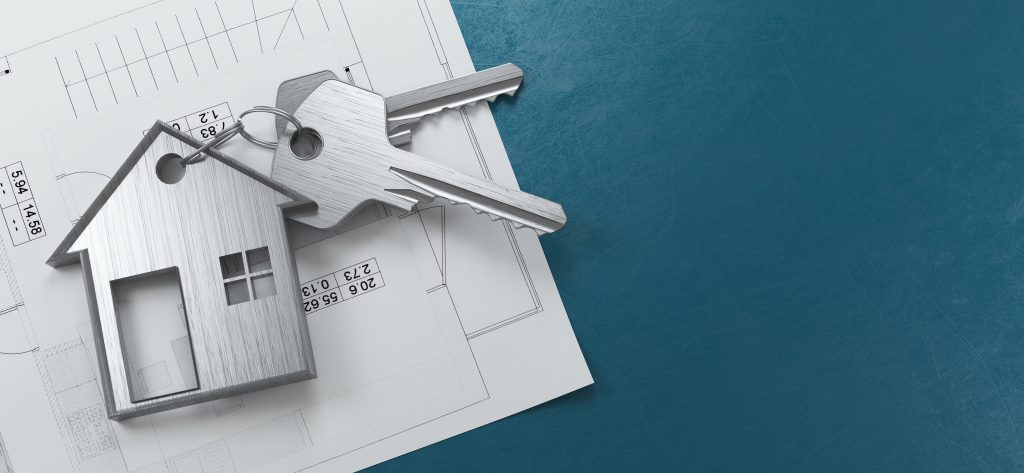Do You Need More Than a Home Inspection?

Are Inspections Always a Part of the Home Buying Process?
There are no requirements for inspections during the home buying process, but they typically occur in one fashion or another. According to Southern Bay Realty, a local real estate brokerage, just about every home purchase includes some sort of an inspection contingency. But what kind of inspection gets done?
The most common inspections, according to local realtors like Southern Bay and Coastal Realty, are licensed home inspections. These are performed by licensed home inspectors and involve a pretty comprehensive overview of the home's condition based on the inspectors visual inspection. These inspections don't typically involve testing any components of the home and do not include in-depth inspections of any one system, but they do cover a good bit. To learn more about what home inspections typically include, State Farm has a fantastic article detailing what you can typically expect from a home inspection.
But if home inspectors do not go into great depth with your HVAC, electrical, and plumbing systems, are you really making sure those systems are working properly?
Where Home Inspections Fall Short
Home inspectors take a look at the current, functioning or non-functioning condition of a home's system. What we mean is, for example, they'll check the temperature coming out of the HVAC supply vents and they'll look to see if the thermostat is displaying the correct temperature and such, but is that enough? A home inspector can determine an AC is working right now, and they can comment on the visual condition of the unit and its age, but they don't go beyond that. And not going beyond that comes with some risks.
A great example is a unit that has been leaking refrigerant. An HVAC can be steadily leaking refrigerant, maybe to an extent that replacement is necessary, but if the home owner has just put more refrigerant in it the home inspector will be none the wiser. Only an experienced and licensed HVAC tech doing a comprehensive evaluation would be able to determine such a problem.
Where Home Inspections Thrive
Getting inspections from each relevant qualified expert can be important. A roofer to inspect your roof, an electrician to inspect inspect your electrical, etc. But this can also get costly.
A licensed home inspector provides a overview of the home's condition which can help you then target which other inspections may be most relevant. If the home inspector notes in their report that the home's water was slow to warm, then maybe get a plumbing inspection to see if the water heater has an issue. If the home inspector reports that the HVAC is very old but currently functioning maybe get an HVAC inspection from a licensed contractor to confirm the units condition. Or if there is some questionable electrical wiring or maybe some outlets that aren't grounded, get an electrical inspection to make sure everything is safe.
With this logic, a home inspection is a great place to start and then see where you need to take your inspections next. Be sure to talk to your realtor about this as well as to ask questions of your selected home inspector. And when in doubt, opt for the extra professional inspection. They're usually not very expensive and can save you thousands. With us, we provide what we call our Wave Plan. Our Wave Plan is $50 to inspect the HVAC, electrical, and plumbing.
Have Questions or Need an HVAC, Electrical, or Plumbing Inspection?
Give us a call today if you have any questions or need a professional inspection. Our team is standing by to help when you're purchasing a new home, making sure your existing home is safe and well-maintained, or with any other HVAC, electrical, or plumbing need.